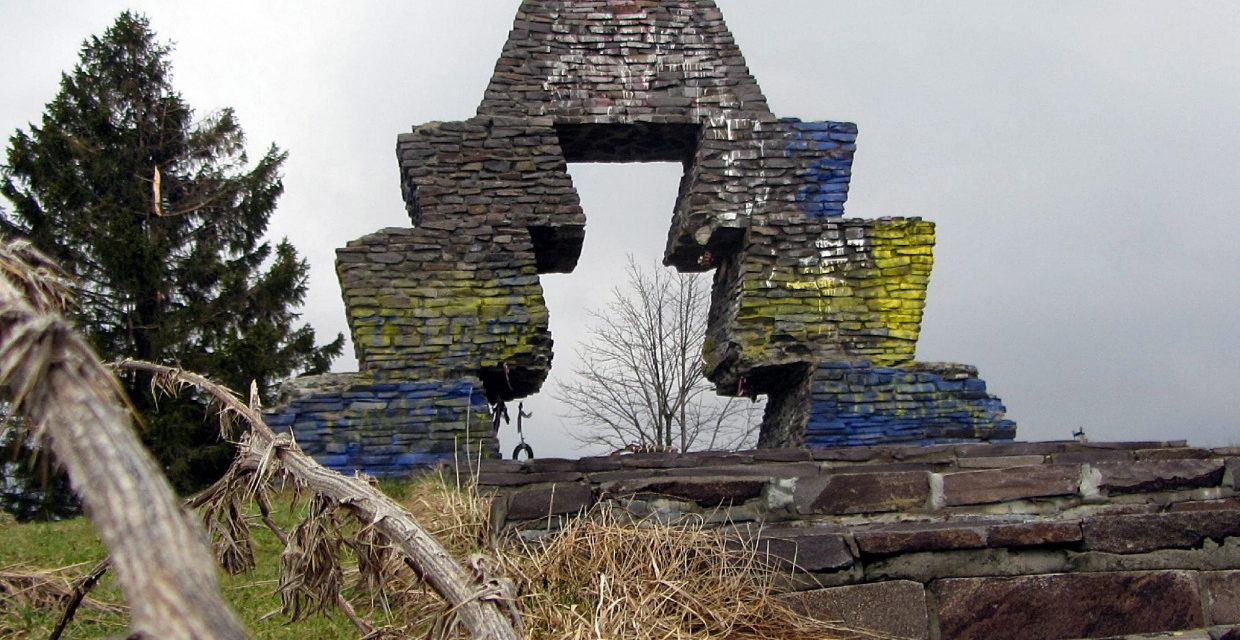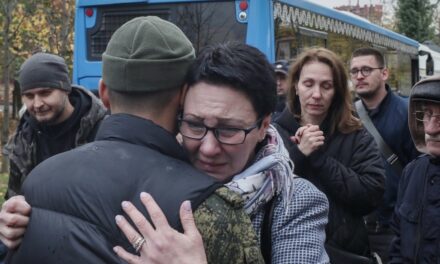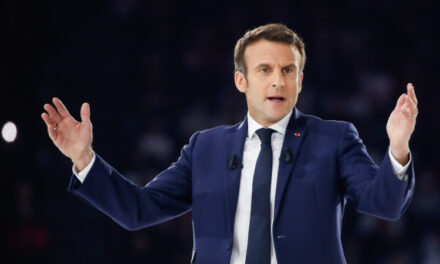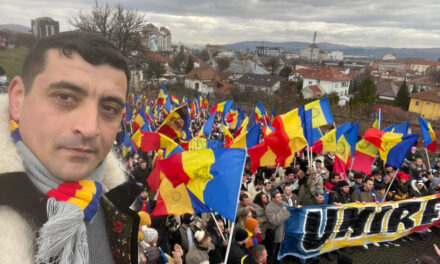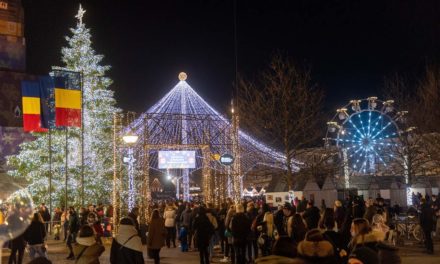At Thursday's extraordinary session, the Ukrainian parliament accepted the bill on indigenous peoples initiated by President Volodymyr Zelensky, which was fiercely attacked by Russian President Vladimir Putin the day before, and the representatives of the Transcarpathian Hungarian minority did not agree with the motion either.
The proposal was voted by 325 representatives in the 450-person legislature. It was supported by all parliamentary groups except for the pro-Moscow Opposition Platform - Élétért party faction.
According to the Ukrainska Pravda news portal, the draft law recognizes only the three ethnic groups living on the Crimean peninsula, which was arbitrarily annexed from Ukraine by Russia in 2014, as indigenous to the territory of the country, namely the Crimean Tatars, the Karaites and the Krimchaks.
According to the text of the proposal, "the indigenous people of Ukraine is an indigenous ethnic community that formed on the territory of Ukraine, carries an original language and culture, has traditional, social, cultural or representative bodies, and identifies itself as the indigenous people of Ukraine". Its purpose is to determine the legal status of indigenous peoples of Ukraine, to ensure that indigenous peoples have full access to all human rights and fundamental freedoms defined by the norms of international law and stipulated in the Constitution and laws of Ukraine. In addition, the Ukrainian president proposed the creation of bodies that would be entitled to represent indigenous peoples and make decisions on their behalf.
On June 10, László Brenzovics, the president of the Transcarpathian Hungarian Cultural Association (KMKSZ), asked the Ukrainian head of state in a letter to include the Hungarians living in Ukraine among the indigenous peoples. He pointed out that according to UN documents, indigenous peoples are "peoples living in independent countries", since they are the descendants of those who lived in the country or geographical area that is part of the current country, when the part of the country was conquered or colonized, or when the existing state borders were established. regardless of their legal status, they have preserved some or all of their social, economic, cultural and political institutions. He reminded Zelenskyi that the Hungarian ethnic group has lived in the Carpathian basin for more than a thousand and one hundred years, including in the territory of Ukraine, so - as Brenzovics put it - "it has every right to be recognized as an indigenous people".
Kiev has so far rejected this request, which has been raised several times by the Hungarian side, also in connection with the education law, saying that the Hungarian minority has a motherland, its language does not need increased protection, and therefore, together with several other nationalities, it cannot be classified in the category of indigenous peoples.
The Russian head of state has already attacked the bill several times, most recently in a TV broadcast on Wednesday, in which he answered questions from the public. Putin previously said that the law classifies people in Ukraine as "indigenous, first-class, second-class and other categories, which reminds him of the ideals of Nazi Germany," and on Wednesday compared it to a weapon of mass destruction. All this is categorically rejected by the Kyiv leadership. On June 10, Foreign Minister Dmitro Kuleba - in response to Putin's previous statement - stated that the draft law is fully in line with the UN declaration on the rights of indigenous peoples and the relevant norms of the Ukrainian constitution, and has nothing to do with the Russian president's "arbitrary interpretation". .
Source: MTI
Photo: National conquest monument in Vereck, which is sometimes painted by Ukrainian nationalists. Photo: Béla Varga / MTI

